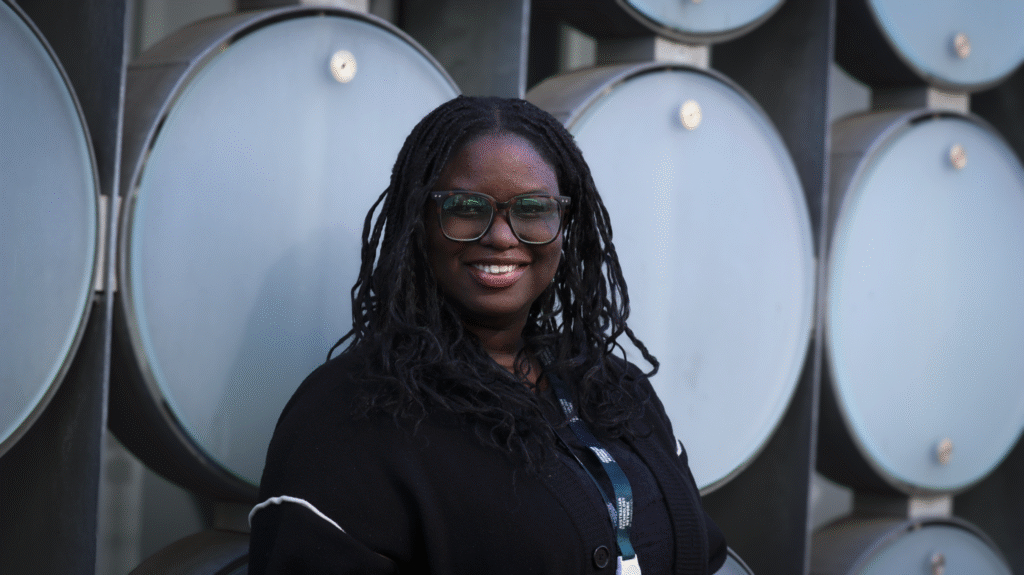OP-ED – John Molony, Deakin University
16 September 2020For any young person, the decision to pack their bags and travel across borders and cultures to pursue their academic and […]

For any young person, the decision to pack their bags and travel across borders and cultures to pursue their academic and life dreams requires considerable courage. This is particularly so for the brave souls who continue with their study plans in face of all the uncertainties that 2020 is presenting them.
The coronavirus pandemic has disrupted many industries, international education included. It has exposed pre-existing fault-lines in industries that thought they had time to rectify them and challenged the most meticulous risk management. The narrative in Australia, specifically, is that universities have tended to rely on international education to support their ever-constrained balance sheets. While this is part of the story, it loses sight of both the broader motivations as to why our universities embarked on international education to begin with, and the benefits the activity confers upon them.
Deakin University international education expert, Professor Ly Tran highlighted the importance to recognise “the diverse cultural, intellectual and experiential values that international students can offer” to internationalise the university community. Australian universities have tended to agree with Professor Tran and have incorporated internationalisation into their curriculums and embraced the vibrancy that international students bring to campuses.
International education contributes to the local communities and economies wherever it occurs. A common misconception in Australia is that international education only impacts upon metropolitan economies. Students who travel to Australia to study, build lasting connections not only with their university, but the local communities they engage with, wherever that may occur – capital city or regional community.
Emma, a University of Newcastle alumnus from China, graduated in 2017 with a bachelor of business. During her study, she undertook a placement with a local marketing agency. When Emma departed Australia, she maintained connections with not only the University of Newcastle, but also that marketing agency, and Emma continues to add value to this business through research and analytics. With 800,000 international students in Australia, Emma’s story is repeated many times over. It offers insight into the continuing value international education bring to all who engage with it and to whatever economy international education intersects with.
Rashmalee from Sri Lanka chose to study nursing at Deakin University’s Warrnambool campus. Rashmalee was initially quite apprehensive – largely due to being the only student from Sri Lanka in her class, but also because up until her Deakin experience she had only lived in cities. In her words, “All apprehension faded away though when I saw the campus for the first time. I was blown away by its size and its architecture. What was most impressive was the serenity and the peaceful environment. The ‘city noise’ became bird song, rabbits and the sounds of a flowing river.” After completing her study, Rashmalee stayed in Warrnambool and secured employment in an aged care facility, tending to Warrnambool residents – clearly giving back to her adopted community.
Emma and Rashmalee both valued their time and study in regional areas and established lasting connections with their local communities.
This is only one aspect of the story. If their experience was like other international students, their families may have come to visit during their time in Australia. According to Universities Australia, in 2018 education-related travel contributed $13.1 billion to the NSW economy and $11.8 billion to the Victorian economy.
International education has been Victoria’s largest export for over a decade. Until the coronavirus pandemic it delivered nearly $13 billion to the Victorian economy.
In 2015, Austrade commissioned Deloitte Access Economics to assess the value of international education to the Australian community. They found that approximately two jobs in regional Victoria are created for every million dollars of international student expenditure on goods and services in Melbourne.
International education is fundamentally important to Australia’s economy, and it will continue to be integral to Australia’s economic recovery from the impact of coronavirus. But there is much more than just the direct economic benefit at play. Emma, Rashmalee and many thousands of international students like them contribute to our communities in many ways. In tough times, those Australian communities need to back the courage of future students and keep them choosing Australia as the destination where they will chase their dreams.
International education as a driver of growth and jobs in regional areas will be discussed at the ATN Universities International Education Summit, held online, 21-23 September between 12-2pm.
John Molony is pro vice-chancellor (international) at Deakin University.
This Op-Ed originally appeared in the 16 September edition of The Australian

